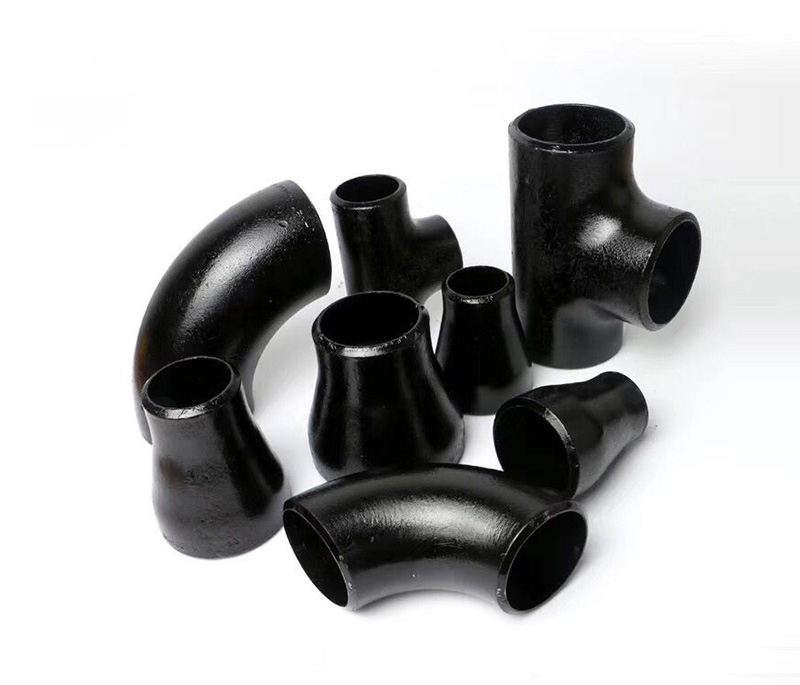What are the uses of weld bend fittings?
What are the uses of weld bend fittings? This question often surfaces among those delving into the intricacies of piping systems. Weld bend fittings serve a myriad of purposes in various industrial applications, offering crucial functionalities that streamline operations and enhance efficiency. Let's delve into the multifaceted utility of these fittings, tracing their origins, exploring their applications, and understanding their significance in modern engineering.
Origins and Evolution
Weld bend fittings trace their lineage back to the evolution of pipe fitting technology. Historically, as industries burgeoned, the need for robust and adaptable piping systems became paramount. Traditional straight fittings posed limitations in complex layouts, prompting engineers to devise solutions capable of accommodating bends and curves without compromising structural integrity. Thus, weld bend fittings emerged as a pivotal innovation, revolutionizing the landscape of piping infrastructure.
Applications Across Industries
The versatility of weld bend fittings renders them indispensable across a spectrum of industries. In the realm of petrochemicals and refineries, where precision and reliability are non-negotiable, these fittings find widespread use. Their ability to facilitate smooth transitions between pipe segments ensures optimal flow dynamics, minimizing pressure drop and obviating the risk of turbulence-induced damage.
Furthermore, in the domain of construction and infrastructure development, weld bend fittings play a pivotal role in ensuring the seamless conveyance of fluids and gases. Whether in high-rise buildings, underground utilities, or sprawling industrial complexes, these fittings enable engineers to navigate spatial constraints and design intricate piping networks with unparalleled precision.
Significance and Implications
The adoption of weld bend fittings heralds a paradigm shift in the realm of fluid transport and distribution. By mitigating the constraints imposed by conventional straight fittings, they empower engineers to envision and actualize innovative piping layouts that optimize space utilization and enhance operational efficiency.
Moreover, the proliferation of weld bend fittings underscores the evolution of engineering practices towards greater customization and adaptability. In an era characterized by rapid technological advancement and dynamic market demands, the ability to tailor piping systems to specific requirements confers a competitive edge, enabling enterprises to stay agile and responsive amidst evolving industry landscapes.
In conclusion, the uses of weld bend fittings transcend mere functionality, embodying a testament to human ingenuity and the relentless pursuit of engineering excellence. From their humble origins to their pervasive presence in modern industrial applications, these fittings epitomize the transformative power of innovation, reshaping the contours of piping infrastructure and underpinning the fabric of modern civilization.



